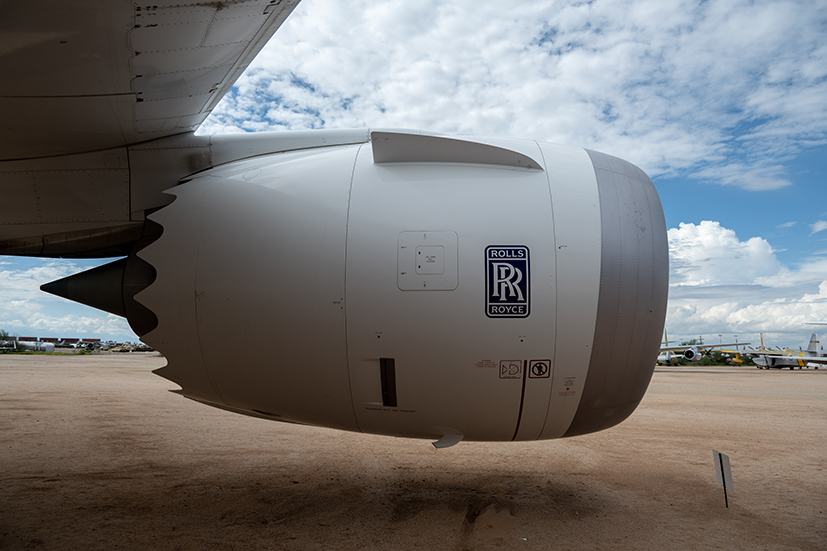Rolls-Royce engines have powered the world’s first transatlantic commercial flight using 100% sustainable aviation fuel (SAF).
A Virgin Atlantic Boeing 787, powered by Trent 1000 engines, successfully completed the flight from London Heathrow to JFK International Airport, in New York, this week.
The milestone was achieved thanks to a Virgin Atlantic-led consortium, which included Rolls-Royce, along with Boeing, Imperial College London, University of Sheffield, ICF and Rocky Mountain Institute, in partnership with Department for Transport.
Simon Burr, group director of engineering, technology and safety at Rolls-Royce, which has its civil aerospace site in Derby, said: “We are incredibly proud that our Trent 1000 engines powered the first ever widebody flight using 100% Sustainable Aviation Fuel across the Atlantic.
“Rolls-Royce has recently completed compatibility testing of 100% SAF on all our in-production civil aero engine types and this is further proof that there are no engine technology barriers to the use of 100% SAF.
“The flight represents a major milestone for the entire aviation industry in its journey towards net zero carbon emissions.”
The Flight100 project aims to prove that SAF is a safe drop-in replacement for fossil derived jet fuel and a mid-term viable solution for decarbonising long-haul aviation.
SAF has a greenhouse gas emissions reduction of around 70% when compared against standard jet fuel over its life cycle. This week’s flight was powered by SAF made from waste fats that cannot enter the food chain.
In December 2022, Virgin Atlantic and its consortium were awarded up to £1 million by the UK Government, following a Department for Transport challenge to support the industry in achieving the first transatlantic flight on a commercial aircraft powered by 100% SAF.



